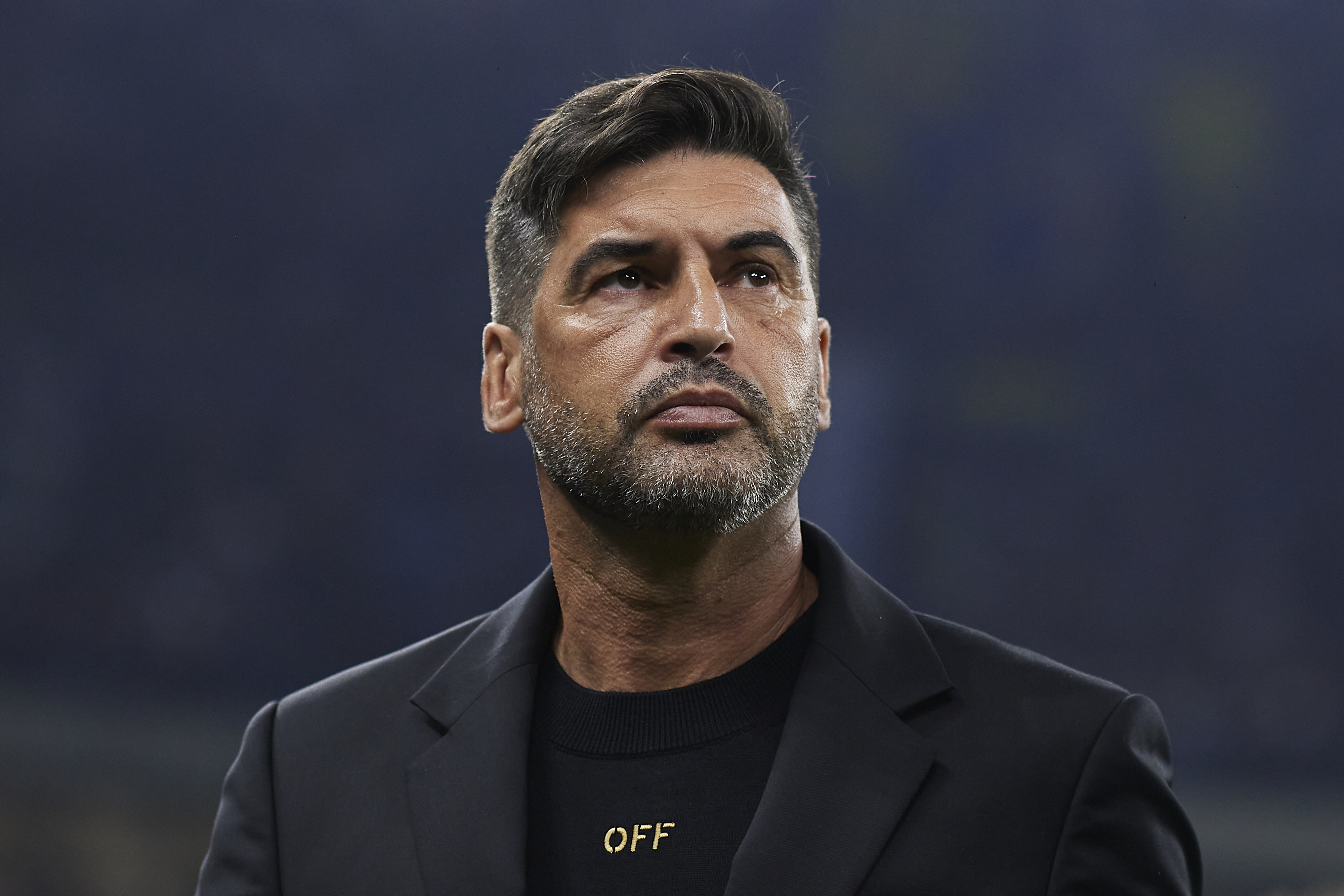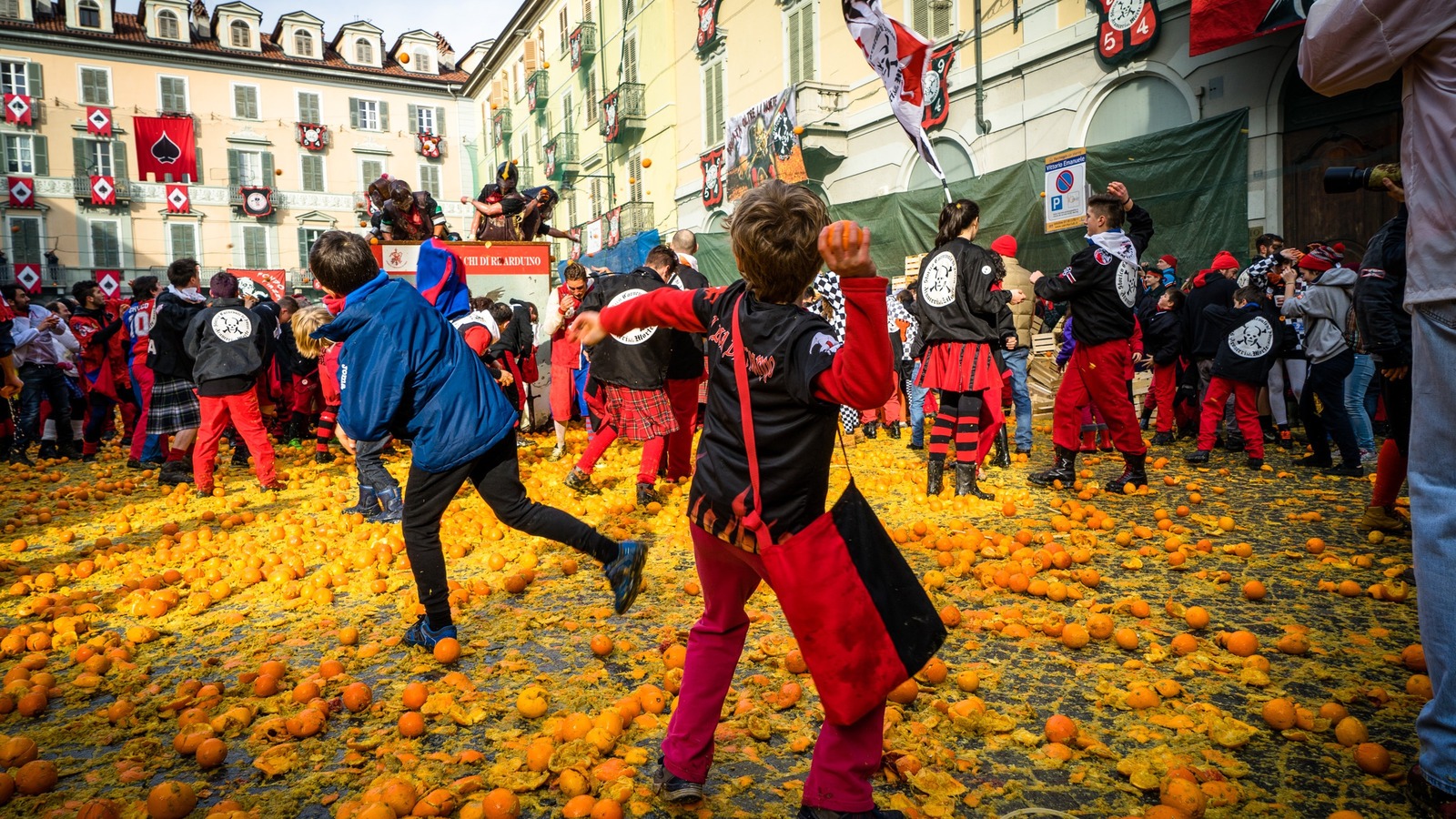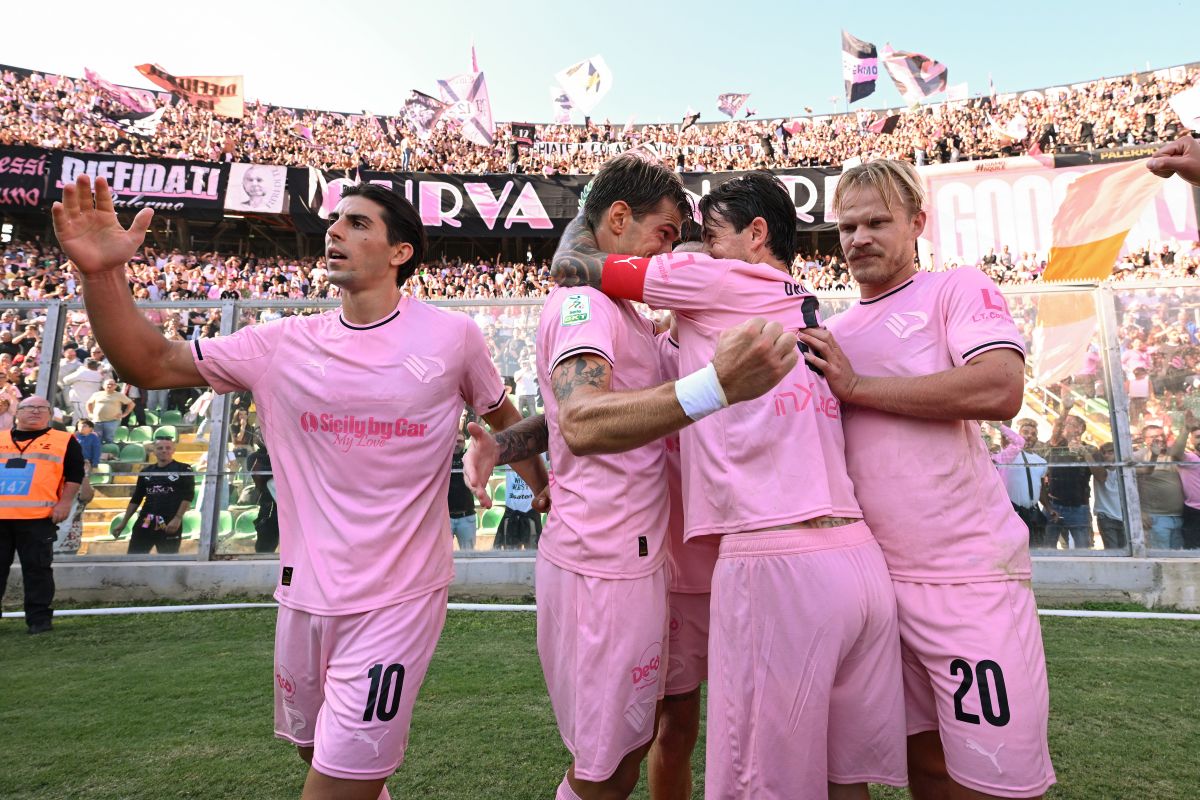
“We have seen everything that Leao is, 100%,” mused legendary AC Milan defender Alessandro Costacurta on Sky Sport. “For me, Leao is this: what we have seen in the last five years. He is an important player, he skips the man, but he’s not fundamental. In my opinion, he is not a champion.”
Costacurta was speaking as a pundit in the aftermath of Milan’s narrow win over Monza, a game in which manager Paulo Fonseca once again dropped his Portuguese superstar to the bench. He came on towards the end of the second half, with 25 minutes left to play, but, as ever, there was good and bad with the winger.
There’s arguably no player more polarising in Serie A than Leao. Many are firmly behind the 25-year-old, and believe he can be world-class on his day. In contrast, others think he flatters to deceive, a player forever on the periphery of world-class but never really doing enough to justify the label.
He certainly can be an exceptionally good footballer, especially when he shifts through the gears. When Milan won an unexpected Scudetto in 2021-22, it was mainly due to Leao’s form in the run-in. He came up with clutch moment after clutch moment, providing six assists and three goals in the final six games to take Milan towards a first league title in 11 years.
He was devastating in both games against Napoli in the Champions League quarter-final the following season, with his mazy run and dribble to tee up Olivier Giroud sharing comparisons with Ruud Gullit and his similar solo run against Diego Maradona’s Napoli in the same stadium in May 1988.

Yet, since then? It’s hard to recall a big game in which he has truly flourished.
Last season his productivity diminished somewhat. Nine goals and ten assists in Serie A was still a respectable record, but down from 15 and ten the year before. Moreover, his contributions tend to come against sides outside the top six, lending credence to the label of a flat-track bully.
Leao scored against Inter, Roma, and Atalanta last season and also assisted against Napoli in a 1-0 win, yet Christian Pulisic usurped the former Lille man as Milan’s most potent attacking threat, with 12 goals in his first season in Italy.
Fonseca replaced the outgoing Stefano Pioli in the summer, and the consensus was that Leao and Fonseca would get along, considering they hail from the same country. Wrong.
Milan’s No 10 was left out for the 2-2 draw against Lazio alongside Theo Hernandez at the end of August after poor performances in the defeat by Parma, and the dynamic between head coach and player has only deteriorated further.
Leao was reinstated to the starting XI but dropped again by mid-October for the game against Udinese. Reports from La Gazzetta dello Sport suggested that Fonseca was unhappy with his lack of diligence in defence, with the player only interested in the game when in possession of the ball. Some people find his languid nature part of his appeal, but he’s arguably become too much to bear. Leao was also dropped for the games against Napoli and Monza, with Noah Okafor deployed instead.
For years, we’ve waited for Leao to break the glass ceiling and become one of the best in the world. When he first arrived in Milan, the raw potential was there for all to see. He could skip past players with such alarming ease. He could dribble, shoot, assist, seemingly the full package.
Yet as the years have worn on, Leao has never matched consistency with talent and, as Costacurta stated last weekend, perhaps this is all there is to him.

Antonio Cassano is as famous for his outlandish takes on football as his own wasted talent, yet one of the things the former Milan and Real Madrid forward appears to have gotten right was his own assessment of Leao.
Back in April, Cassano was a guest on RAI’s La Domenica Sportiva and stated that he believed Leao was a “good player” but nothing more. “The problem is that he thinks he is a phenomenon. For me he’s only a good player, and I haven’t changed my mind,” he said.
“Years ago, he would struggle to play in the sixth or seventh-best team in Serie A,” Cassano added. He then highlighted Lautaro Martinez as a player who’s morphed into a world-class operator: “He fights for the ball, scores goals, provides assists, battles all over the pitch. He is a leader in every way.”
Cassano’s point has been borne out in the last two editions of the Ballon d’Or. Martinez has featured in three of the last four, going from 20th place in 2023 to seventh this year. Leao hasn’t been nominated since 2022.
There’s also the argument that Serie A’s desperate need to have any kind of superstar in the league has placed huge expectations on Leao’s shoulders. Perhaps Cassano is right; it’s difficult to see him getting a game on the left for Milan of 20 years ago and would likely have played for a side further down the league. But that was then, and this is now.
Whether Leao will become the world beater many believe he can be remains to be seen. The talent is there, but as Cassano can attest to, talent isn’t enough. Or, as Costacurta implies, perhaps this is all there is.
Related Articles
Related Articles
Football rivalries, world-class sport, surreal carnivals, and a tradition you won’t find anywhere else. Five events to catch in February.
In the latest edition of My Town, My Team, Napoli fan Alex told us why everybody should visit Naples at least once.
Sampdoria against Palermo at the Stadio Luigi Ferraris is just one of the standout matches to be shown live on Destination Calcio TV.




